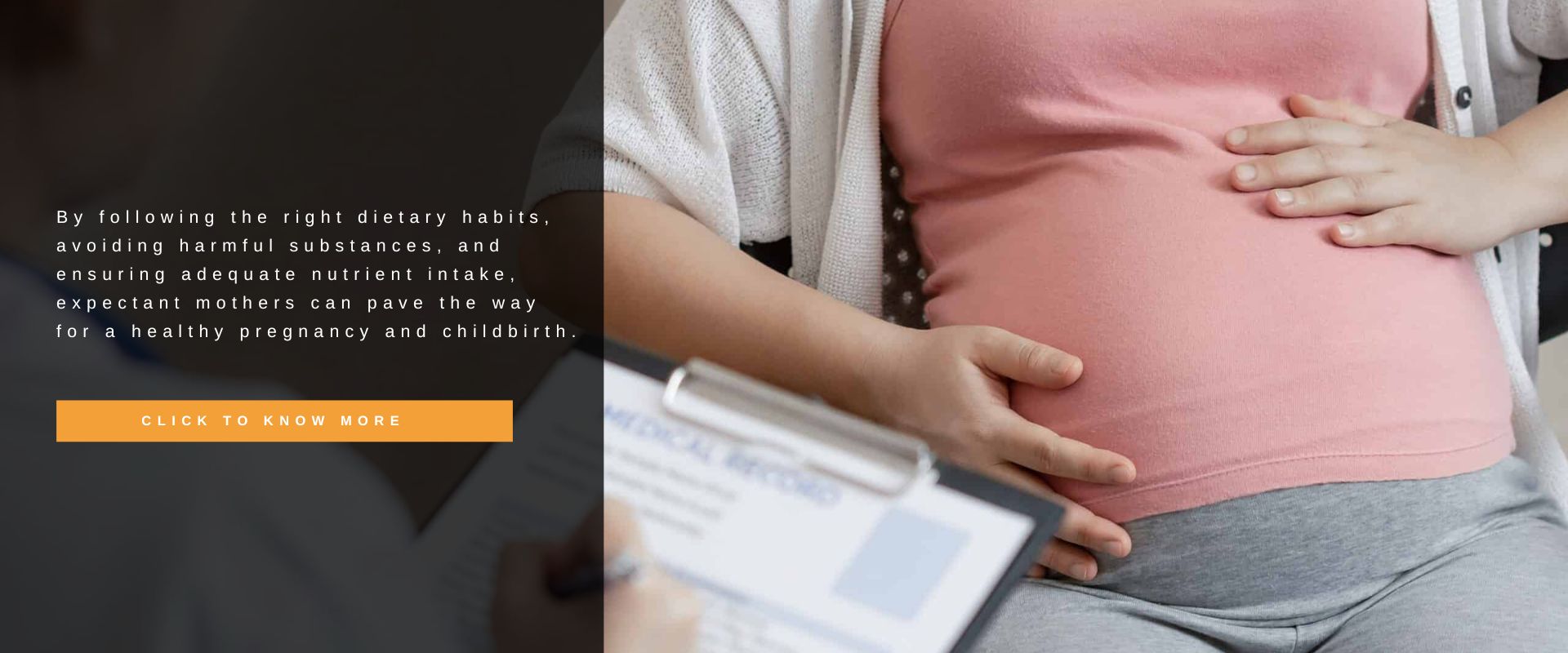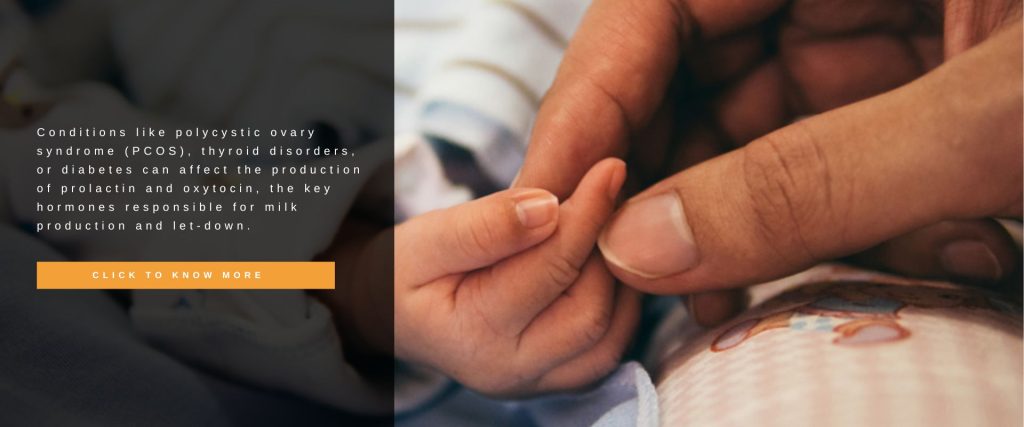Pregnancy is a transformative journey, and ensuring proper nutrition is fundamental to both maternal well-being and fetal development. Since the mother’s diet is the primary source of nourishment for the baby, consuming a balanced and nutrient-rich diet is crucial for a healthy pregnancy and a smooth transition into motherhood.
The Importance of a Balanced Diet During Pregnancy
A well-balanced diet during pregnancy supports the optimal growth and development of the fetus while helping the mother maintain her health and energy levels. Proper nutrition prepares the body for childbirth and facilitates postpartum recovery and breastfeeding. In contrast, inadequate nutrition can increase the risk of poor birth outcomes, including low birth weight and developmental delays in infants.
Essential Nutrients for Pregnant Women
Pregnant women should focus on consuming a variety of nutrient-dense foods, including:
- Proteins (pulses, dairy, eggs, fish, and lean meat) for fetal growth and maternal tissue development.
- Iron and Folate (green leafy vegetables, lentils, nuts, and fortified cereals) to prevent anemia and neural tube defects.
- Calcium and Vitamin D (milk, yogurt, cheese, and sunlight exposure) to support bone development.
- Omega-3 Fatty Acids (flaxseeds, walnuts, and fish) for brain and eye development.
- Fiber-rich foods (whole grains, fruits, and vegetables) to aid digestion and prevent constipation.
Selecting the right foods can sometimes be challenging, but focusing on natural, unprocessed options ensures optimal nourishment for both mother and baby.
The Role of Hydration in Pregnancy
Adequate hydration is just as important as solid nutrition during pregnancy. Water is essential for fetal circulation, maintaining amniotic fluid levels, and increasing maternal blood volume.
Tips to Stay Hydrated:
- Drink sufficient water throughout the day, even before feeling thirsty.
- Consume fluids in various forms, such as herbal teas, fresh fruit juices, soups, and milk.
- Include water-rich foods like cucumbers, watermelon, and oranges in the diet.
- Carry a reusable water bottle to encourage regular intake.
- Exercise during cooler hours to avoid excessive fluid loss through sweating.
Managing Pregnancy Cravings and Aversions
Cravings are a common part of pregnancy, and the occasional indulgence is generally harmless. While pregnancy cravings may increase calorie intake, research suggests that controlled indulgence does not necessarily lead to excessive weight gain or adverse pregnancy outcomes. However, many commonly craved foods—such as sugary snacks and fast food—offer little nutritional benefit.
Strategies to Manage Cravings:
- Environmental Control: Avoid keeping unhealthy foods readily available at home.
- Behavioral Strategies: Eat small, frequent meals to prevent extreme hunger, and choose healthier alternatives to satisfy cravings.
- Psychological Techniques: Engage in activities that distract from cravings and remind yourself of the long-term benefits of healthy eating for self and the baby.
When to Seek Medical Advice
If cravings involve non-food items such as soil, clay, raw rice, or ice, it may indicate a nutrient deficiency, such as iron deficiency anemia, requiring medical attention. Additionally, pregnant women should consult their doctor if they experience cravings for unsafe foods, including alcohol, raw seafood, or processed deli meats, which could pose risks to fetal health.
Conclusion
Pregnancy is a critical period that demands mindful nutrition and hydration. A well-balanced diet enriched with essential nutrients, coupled with adequate fluid intake, ensures the well-being of both the mother and baby. By making informed dietary choices, pregnant women can significantly enhance fetal development, minimize complications, and prepare their bodies for a healthy childbirth experience. When in doubt, consulting a healthcare provider or dietitian for personalized guidance is always advisable.





